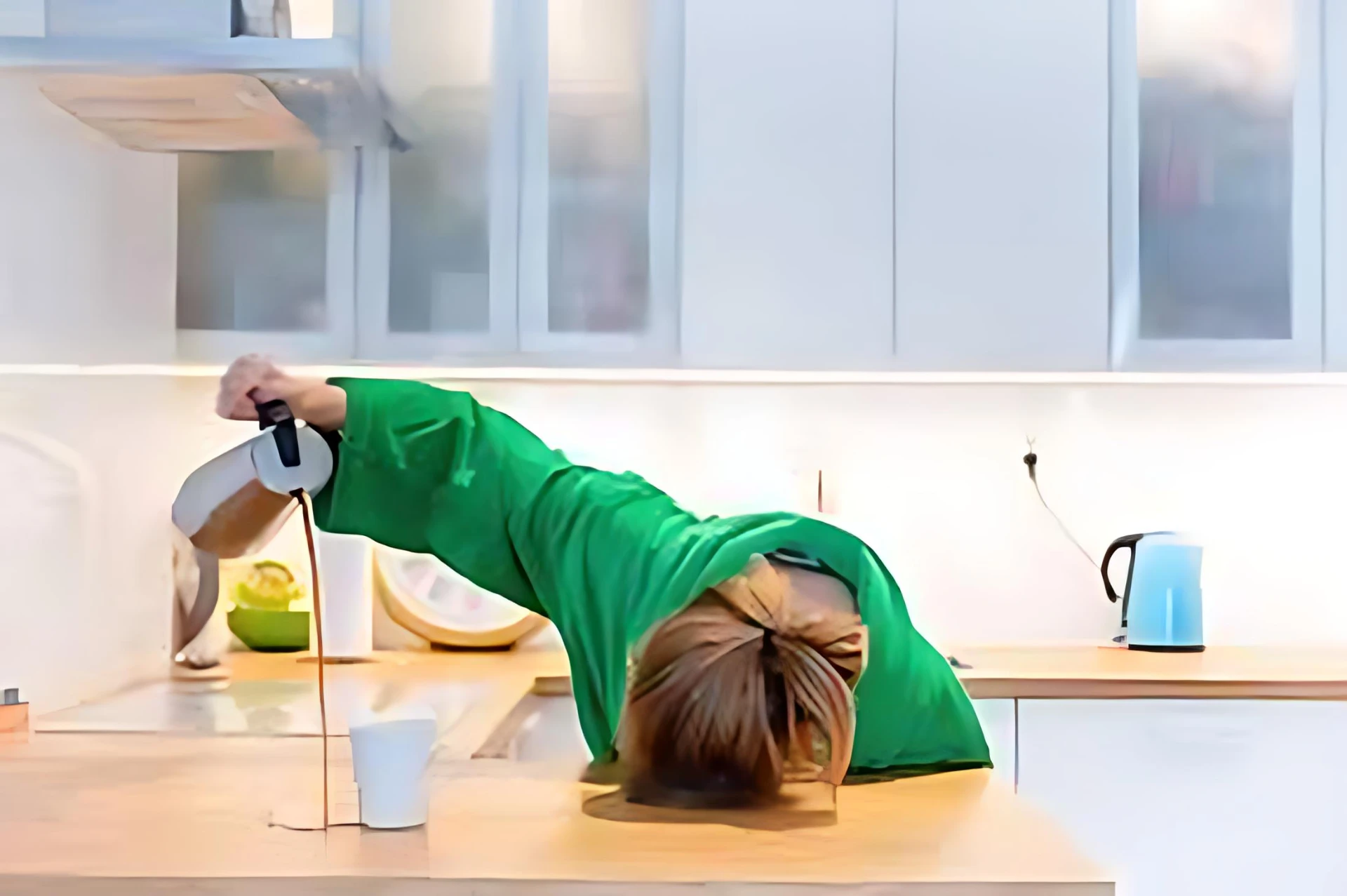Melbourne: A new study from Monash University reveals that going to bed earlier could significantly increase physical activity the next day. Published in the Proceedings of the National Academy of Sciences (PNAS), the research highlights a strong correlation between earlier bedtimes and higher levels of exercise.
Researchers examined data from nearly 20,000 people over a year, analyzing six million data points collected from wearable devices. The study found that people who slept earlier tended to engage in more moderate-to-vigorous exercise the following day.
For example, participants who went to bed at 9 p.m. recorded 30 minutes more exercise than those who slept at 1 a.m., and 15 minutes more than those with an average 11 p.m. bedtime.
Lead researcher Josh Leota said these insights could influence public health strategies. “Rather than just promoting sleep and physical activity independently, health campaigns could encourage earlier bedtimes to foster more active lifestyles naturally,” he explained.
Although sleep duration also impacted exercise, the effect was complex. People who slept just five hours logged more activity than those who slept nine. However, researchers warned that the health risks of sleep deprivation may offset the benefits of increased movement.
The most notable finding was that individuals who went to bed earlier than usual — without reducing sleep length — often reached personal bests in physical activity the next day. Psychologist Elise Facer-Childs noted this pattern held across multiple populations.
The study controlled for age, body mass index, and whether the day was a weekend or weekday. A second dataset of nearly 6,000 individuals from diverse backgrounds also showed a similar trend, reinforcing the study’s credibility.
Researchers believe late bedtimes may reflect busier lifestyles or lead to oversleeping and snooze-button habits, all of which reduce energy and time for exercise. They also point to “social jetlag,” where people’s natural rhythms clash with 9-to-5 schedules, as a barrier to physical activity.
While the study shows a strong link between earlier sleep and exercise, it stops short of proving direct causation. Natural sleep preferences may still play a role. More research is needed to separate these effects.
“Sleep and physical activity are critical to health,” said Facer-Childs. “Our findings show how powerfully connected they are in everyday life."








